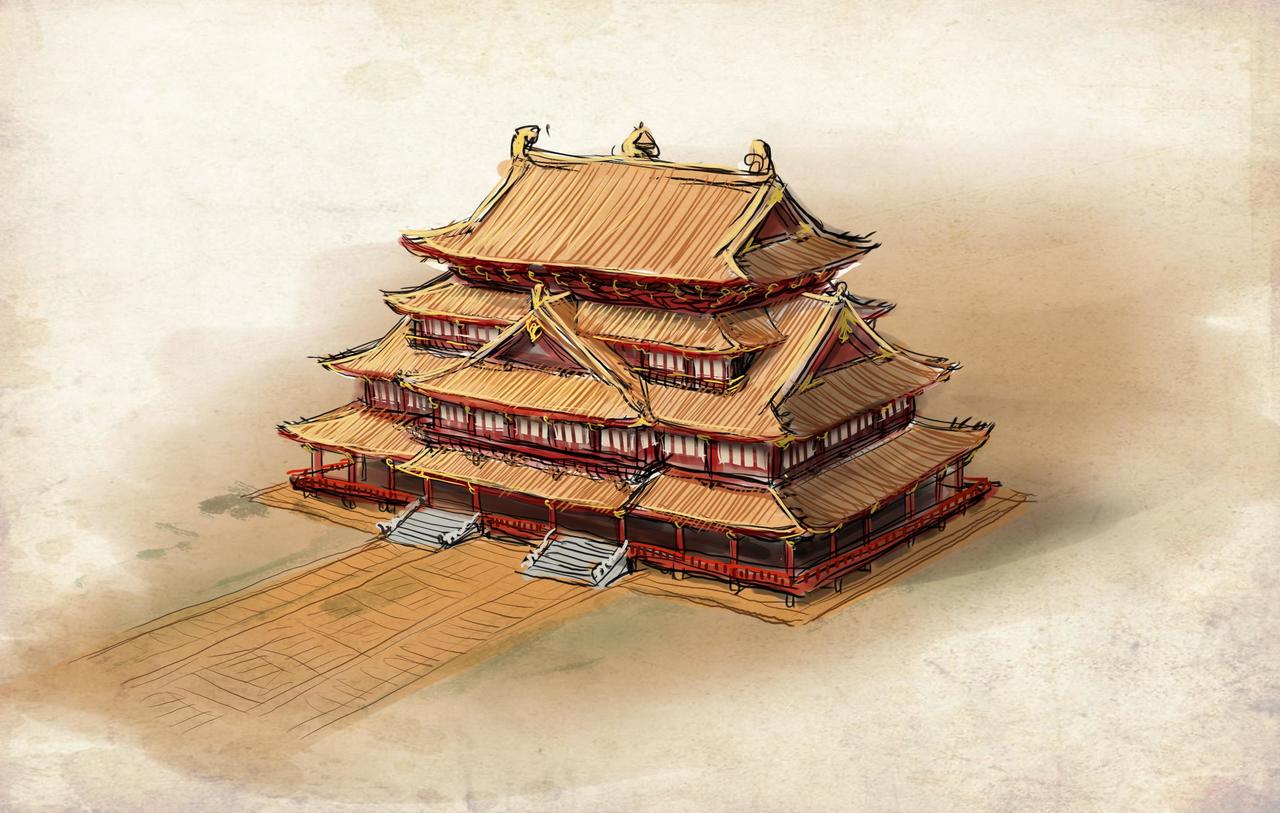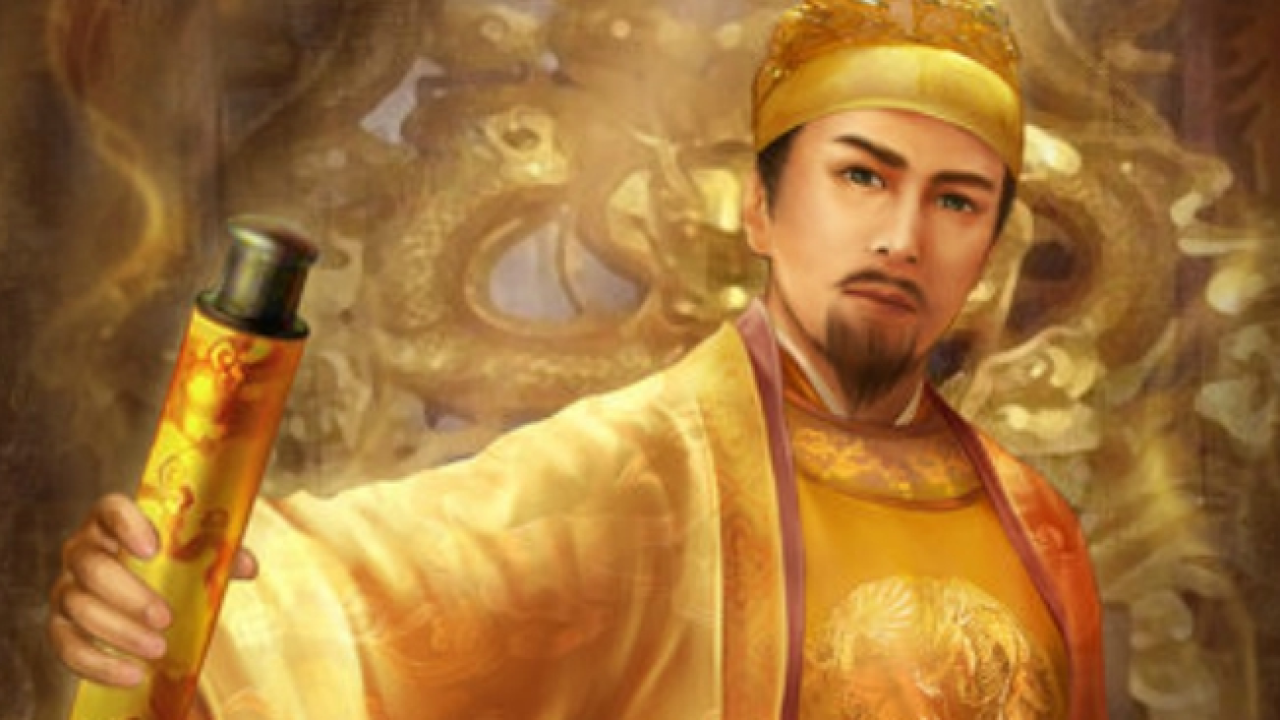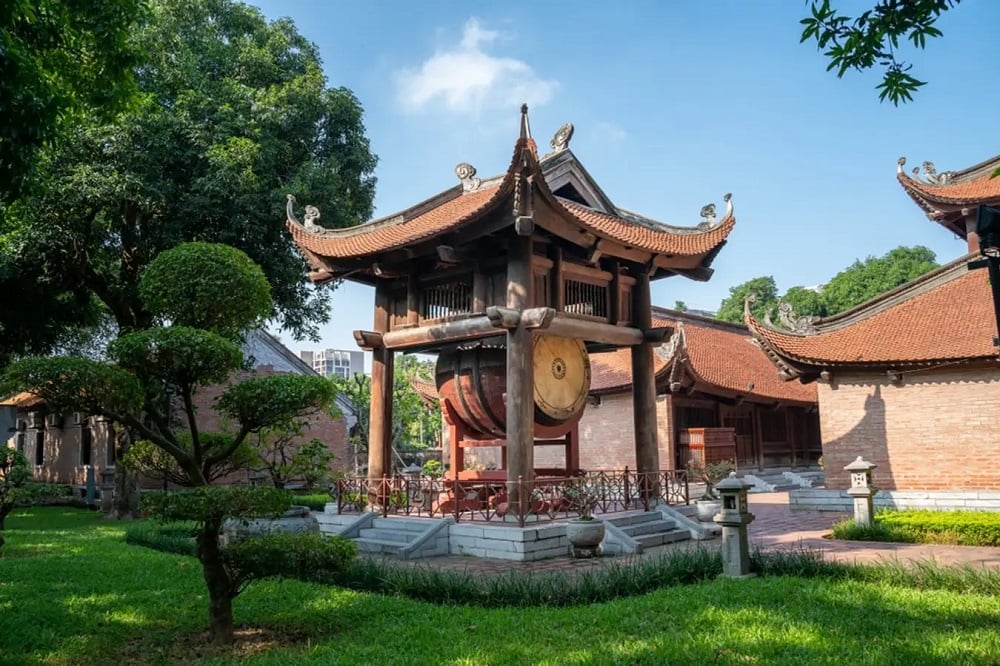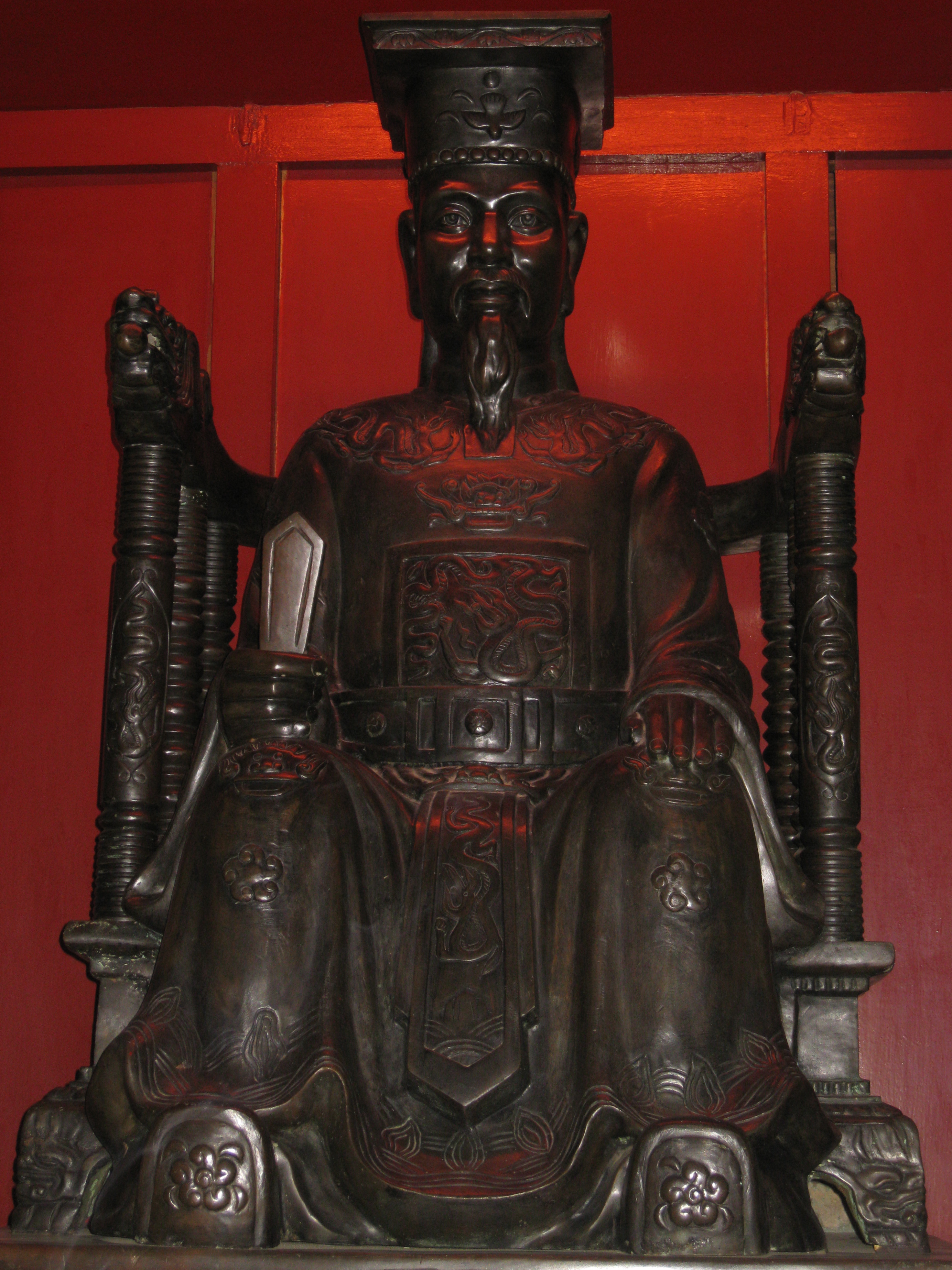THE LONGEST-REIGNING KING OF VIETNAM
Vietnam, a country with a rich history and culture, has gone through many different dynasties. Among them, some kings have left a deep mark on the hearts of the nation. One of the questions often asked is who is the longest-reigning king of Vietnam? This article will delve into the life, career, and contributions of this king to the country.

Life and historical context
Origin and family
Ly Nhan Tong, real name Ly Can Duc, born in 1066 and died in 1128, was the first son of King Ly Thanh Tong and Thai concubine Linh Nhan. He ruled Dai Viet from 1072 to 1128, a total of nearly 56 years, and was also the king with the longest reign in Vietnamese feudal history. Known as the king with the longest reign in the history of feudal dynasties in Vietnam, Ly Nhan Tong is also the symbol of the most golden period in the history of the Ly dynasty, as well as a period of great prosperity. A remarkable period of cultural and civilizational development in the development of Vietnamese history.

8 era names of King Ly Nhan Tong
During his reign, Emperor Ly Nhan Tong established 8 different era names, the most compared to other kings, with rich and profound meanings:
1. "Thai Ninh " (1072-1076) has the connotation of a peaceful country and people, representing a period of extreme peace and happiness.
2. "Anh Vu Chieu Thang" (1076-1084) means powerful military power that brought resounding successes.
3. "Quang Huu" (1085-1092) expresses the wish for protection and luck to be extended everywhere.
4. "Hoi Phong" (1092-1100) refers to the gathering of many auspicious and prosperous elements.
5. "Long Phu" (1101-1109) symbolizes a good omen, with the image of a dragon bringing blessings.
6. "The Dai Khanh Tuong Festival" (1110-1119) means the combination of many great luck and happiness.
7. "Thien Phu Due Vu" (1120-1126) shows faith in God's help, bringing strength and majesty.
8. "Thien Phu Khanh Tho" (1127) shows the desire to be blessed with longevity and health.
Important events in the early period
When he first ascended the throne, Ly Nhan Tong faced many internal problems such as the power struggle between forces in the court. He skillfully handled the situation, consolidated power, and established a stable government. His wisdom in leadership helped him quickly receive support from mandarins and the people.
Reign period and prominent policies
State apparatus under Ly Nhan Tong
King Ly Nhan Tong was a pioneer in revitalizing politics. In 1084, he established the official regulations, dividing literature and martial arts into 9 classes (from first to ninth). Below the high-ranking officials such as the Grand Master, the Deputy Grand Master, etc., in terms of writing, there are ministers, advisors of the left and right, and lieutenants and assistants...; In terms of martial arts, there are governors, lieutenant generals, general managers, secret envoys, and left and right envoys...; To the continents, districts, and literature, there are tri prefectures, tri districts, and martial arts, there are highway towns and highway mandarins. It can be said that the administrative apparatus under Ly Nhan Tong achieved organic unity, so each policy was implemented with close connection from the central to local levels.
Economic development
Under the reign of Ly Nhan Tong, Dai Viet's economy developed strongly. He focused on agriculture, encouraging production and land reform. Irrigation projects were built to enhance agricultural production, helping people have a more stable life.
Promoting culture and education
Emperor Ly Nhan Tong especially attached importance to the education and training of talented people, contributing to the prosperity of the world. In the spring of 1075, he initiated the first academic examination in Dai Viet history, called the "Three Truongs" examination, to select excellent people to serve the country. In this exam, 10 people passed the exam, including Poinsettia Le Van Thinh from Bac Ninh, who ranked first in Dai Viet's academic history gold table.
Following that achievement, in 1076, Emperor Ly Nhan Tong ordered the construction of Quoc Tu Giam right next to the Temple of Literature, a place to honor Confucius and the sages of Confucianism.
During the reign of Ly Nhan Tong, Confucianism, and the education system were strongly promoted. Together with Queen Mother Linh Nhan, the king focused on building Buddhist religious facilities, creating conditions for the development of Buddhism and spiritual life. The practice of Zen masters was encouraged, causing Buddhism to spread everywhere. The king applied Buddhist teachings in educating the people, contributing to bringing peace and stability to society.

Military and border protection
King Ly Nhan Tong also left unforgettable marks. In 1075, according to the king's orders, Lieutenant Ly Thuong Kiet launched the largest Northern expedition in Vietnam's history, "bringing troops into other people's country in a righteous way when fighting, no one can defeat us when pulling troops back, no one dares to chase after... From then on, China did not dare to look down on us" (Vietnamese history mini-case - Ngo Thi Si). In 1077, although the king was only 11 years old, together with Dai Viet's army and people, Ly Thuong Kiet, the direct commander of the resistance, achieved a resounding victory at Nhu Nguyet. After the war, with the determination not to let an inch of ancestral land fall into the hands of the enemy, using many measures from military to diplomacy, especially diplomatic solutions, the Ly dynasty continuously sent messengers to Yen Kinh. and went to the border to argue to reclaim the land.
Cultural and religious heritage
Influence on national culture
Ly Nhan Tong was not only a talented leader but also a lover of culture. He encouraged the development of art, literature, and philosophy. Many famous literary works were born during this period, reflecting the thoughts and feelings of Vietnamese people.
Religion and beliefs
During the reign of Ly Nhan Tong, the three religions (Confucianism, Taoism, and Buddhism) developed strongly and became the main religion of the country. He built many temples, creating conditions for monks and nuns to practice and develop Buddhism. This not only contributes to enriching people's spiritual lives but also helps strengthen solidarity in society.
Architectural works
Many outstanding architectural works were built during the Ly Nhan Tong period, including famous pagodas such as Thay Pagoda, and One Pillar Pagoda, temples, and temples, especially the Quoc Tu Giam Temple of Literature. These works not only demonstrate the talents of artisans but also imbue the national cultural identity. They still exist today, a testament to the brilliant development of the Ly dynasty.

Conclude
Ly Nhan Tong was not only a talented king but also a symbol of the development and prosperity of Dai Viet during the feudal period. With the right policies and foresight, he left a great legacy for the country. His contributions are not only remembered in history but also continue to influence Vietnam's culture and politics to this day.
other information
- NGUYEN DYNASTY, THE LAST FEUDAL DYNASTY IN VIETNAM
- THE IMAGE OF BUFFALO IN VIETNAMESE TRADITIONAL CULTURE
- TAM DAO, AN IDEAL DESTINATION FOR WEEKEND
- FANSIPAN - THE PARADISE OF NORTH-WEST VIETNAM
- THE COCONUT, AN INDISPENSABLE FRIEND IN VIETNAM FOLK CULTURE
- LOTUS FLOWER, A SYMBOL OF TRADITIONAL VIETNAMESE FOLK CULTURE
- BA NA HILLS, A MAN-MADE MASTERPIECE THAT HARMONIZES WITH NATURE
- NHA TRANG, INTERNATIONAL VIETNAM COASTAL TOURIST CITY
- MANG DEN, PEACEFUL PLACE IN MIDDLE OF THE MOUNTAINS
- PHU QUY ISLAND, PRISTINE SEA PARADISE OF CENTRAL VIETNAM
